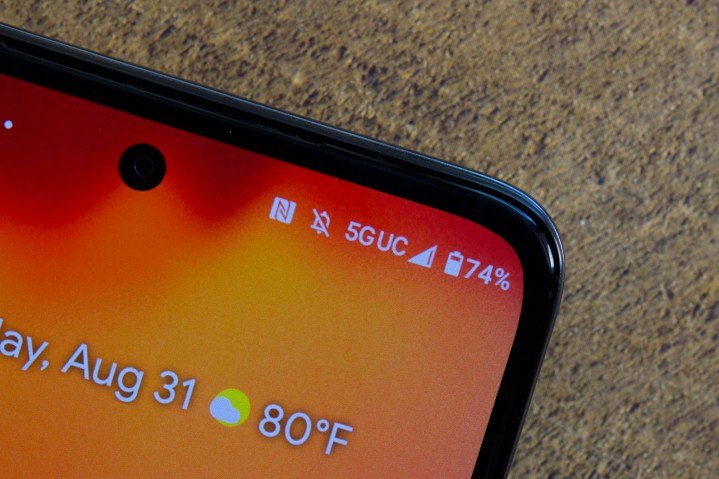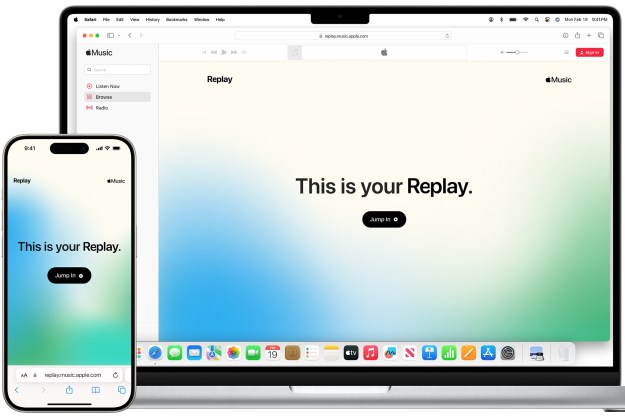Experts say that making your own cell network is easier than you think and could give you more privacy than commercial providers. And, it’s something you may want to actually consider using.
The company Ukama is launching a crowdfunding campaign that’s intended to let you be your own cell carrier. It plans to sell various pieces of equipment that will allow you to build your own network.

But why build your own network when cell phone companies are happy to rent you their services? For consumers, the primary reasons to have a personal cell network “would be to have reliable and cost-effective coverage where is needed most, e.g., indoors, in large farmland, cabin, or remote places,” Kashif Ali, the CEO of Ukama and a former Facebook engineer, told Digital Trends in an interview.
Bring your own service
If Ukama’s crowdfunding campaign is successful, the company plans to ship its devices next summer. However, the system won’t come cheap. You’ll need a $799 Tower Node that’s mounted outside on a roof or building so it can broadcast your home internet connection. Don’t forget the $549 amplifier for the Tower Node, a $599 Home Node for indoor use, and a $499 module that acts as a base for a do-it-yourself cell radio.
Ukama claims that Home Node is “as easy to use as setting up a home Wi-Fi router. Within minutes, you can have free cellular data for your smartphone or IoT devices.”
One reason you might want to build your own cell network is security. Ali said that Ukama’s network will offer better protection than commercial services, adding that “data never leaves your premises.”

Private 5G networks also offer greater range than Wi-Fi, Matt Horany, head of enterprise mobility management services at Stratix, a mobile solutions provider, said in an interview. He said private networks offer the benefits of 5G, like speed, lower latency, and the ability to connect more devices.
“Private cell phone networks work in essentially the same way that public ones do, but the owner gets to prioritize access and limit who connects,” Horany added. “They may utilize small towers or microcells, while others provided by major carriers leverage existing infrastructure. Depending on the setup, you may also need 5G-capable routers and mobile devices that accept user-provided SIM cards.”
Personal cell networks (PCNs) do have their downsides, David Witkowski, a broadband strategist and IEEE senior member said in an interview. He noted that PCN equipment is expensive compared to even top-end Wi-Fi routers. Installation and setup, especially for the optional outdoor units, require technical expertise. Also, most smartphones now support Wi-Fi calling, so it may be hard to justify the added expense.

“PCN vendors are talking about sharing scenarios where devices will attach to other hosts’ PCN nodes or to commercial cellular networks via roaming agreements, but until these are deployed, PCN users will need to have a second SIM or eSIM for continuous connectivity,” Witkowski said. “PCNs require the host to provide broadband and electrical power and a suitable installation location.”
Witkowski said PCNs might be helpful to homeowners dealing with poor cellular coverage if they have access to wired or fiber-optic broadband. Witkowski explained that private cell networks use Citizens Broadband Radio Service (CBRS) to create a low-power cellular network. Many modern devices, such as smartphones and tablets, support CBRS. The device uses its SIM to automatically attach to nearby host PCN nodes in the same way it would connect to a commercial cellular network.
Choose your own plan
Ukama isn’t the only option if you’re willing to go to the expense and potential headache of building your own cell network. But, keep in mind that most PCNs are intended for organizations rather than individuals, Horany said.
“If an organization has the resources, they can build their own using either licensed or unlicensed spectrum,” he added. “There are many contractors in the business of setting up private networks. Major carriers like AT&T, T-Mobile, and Verizon also offer private network services.”

While anyone can buy the components to make a private network, such systems are usually meant for organizations that demand more reliability and control of their wireless network than can be obtained from commercial providers, Julie Song, CEO of Advanced RF Technologies, a maker of wireless solutions, said in an interview.
“For example, healthcare facilities that want to perform remote surgeries or factories that need to allocate a specific amount of bandwidth to support a fleet of autonomous robots,” she added.
“In private networks, data traffic doesn’t have to travel back and forth to a core like it would have to in a public network, which lowers latency and bolsters security.”
Thanks to new companies like Ukama, more organizations will be able to deploy an LTE or 5G network, Marzieh Veyseh, the co-founder and CTO of SiTune Corporation, said in an interview. The networks would “not only expand the coverage area and improve throughput and latency of the connections but also utilize A.I. technologies, data analysis services, and other cutting-edge solutions in a larger scale setting.
Editors' Recommendations
- Why you should buy the iPhone 15 Pro Max instead of the iPhone 15 Pro
- Your iPhone just got a new iOS update, and you should download it right now
- Why you shouldn’t buy a new Apple Watch right now
- What they don’t tell you about wearing a camera on your face
- Google Messages vs. Samsung Messages: Which app should you use?



